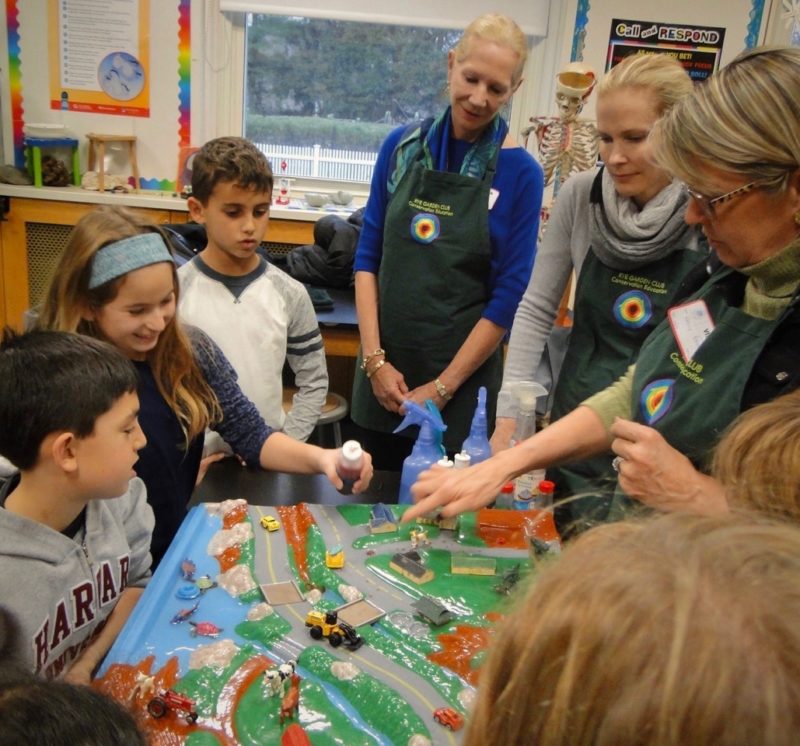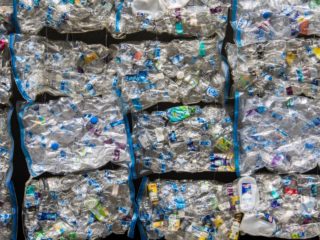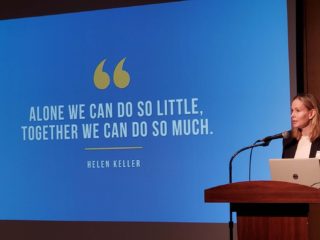Greta Thunberg, Xiuhtezcatl Martinez, Isra Hirsi. Do you recognize any of these names? They’re all young environmental activists: each one an eco kid. Along with many young people around the world, these three mobilize others to take action on climate change and environmental protection. They’re an inspiration to all of us, both young and not-so-young, of how “ordinary” individuals can make a difference.
So what motivates a kid to become an eco kid? Reading the stories of these and other young environmental activists, it’s clear that they were motivated by a personal experience. Once committed to their cause, they didn’t just sign a petition or make a donation to an organization. Instead, they made a lifestyle change and immersed themselves fully in achieving their goal.
What Does it Mean to be an Eco Kid?
Being an eco kid is a mindset. It’s a way of life that starts at home. You can help shape this mindset by teaching and modeling appropriate (eco) behavior.
At what age should your child start? As young as possible! The younger the child, the more receptive she’ll be to taking on the responsibility of environmental protection. Even better is to instill within your child a duty to speak out for change and take action.
How do you achieve this? Read on and I’ll show you how!
Engage Your Children: Make it Fun!
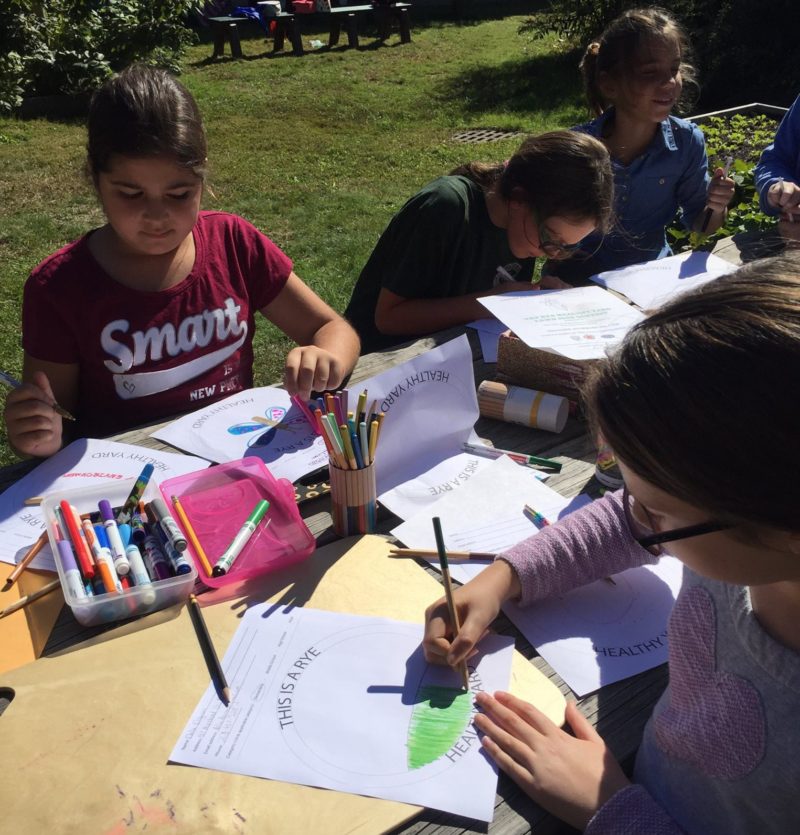
I love this quote: “To change the world you have to throw a better party than those trying to destroy it.” It’s so true. Make learning about and supporting environmental conservation and climate protection fun. Impart a love of nature through various activities.
Get Outside
Take a hike, camp out, enjoy your local park by bike, or on foot. These are just some of the many ways you can enjoy the outdoors with your children.
Looking for where to go? Consult the Hiking Project‘s and All Trails directories for nationwide trails.
Plant a Healthy Yard
Playing, planting, and tending to your yard can be a lot of fun. It can also be educational, particularly when you show how to care for your green spaces using natural landscaping practices.
Read here about ways you can make your yard healthy and beautiful.
Play Green
There are several sites that offer tons of games and activities designed to make your child more environmentally aware. Do your own search, or try these sites:
- NASA Kids has a variety of games, activities, and educational videos about the environment and climate science.
- USDA Forest Service‘s activity guide offers fun and engaging activities for young children.
- The National Recreation and Park Association‘s activities for teaching kids about conservation are terrific. Among their awareness-raising activities, they include a “litter hike” and building a compost bin.
- Water Use It Wisely‘s game page includes interactive games and quizzes to teach kids about water conservation.
- Nature Art for Kids will keep your child occupied for hours with nature-related art activities.
- Montgomery, New Jersey’s sustainability committee has put together a list of sustainability activities. Although designed more for an Earth Day event, it’s worth taking a look for ideas for group or school-related activities.
Read Green
When your kids are young, reading books with environmental themes is a perfect way to introduce them to the subject of environmental conservation. Popular nature- and environment-related books for young children and teens can be found on Green That Life’s Environmental Books page.
Model Eco Behavior for Your (Eco) Kid to Follow
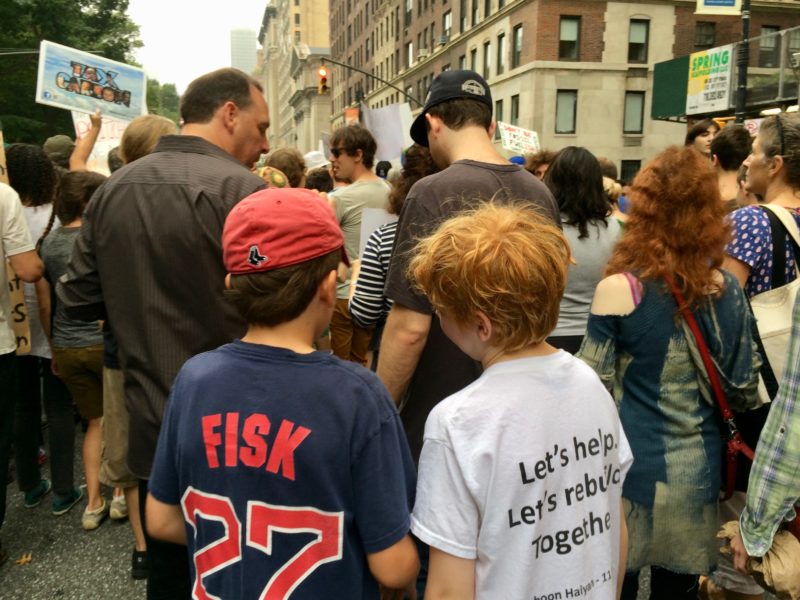
Inspire your aspiring eco kid by being a role model for environmental activism. Setting an example for others, particularly young children, is such an effective subliminal tool for delivering your message. Get them involved in your own day-to-day environmental activities, small or big.
What can you do to model that behavior? Here are some ideas, but the list is endless:
- Practice what you preach with reduce, reuse, recycle. Enlist your children to help you clean up and dispose of waste properly.
- Pick up litter when you see it, using the moment to explain why it’s important not to pollute.
- Bring your children with you to any of your eco-rallies, meetings, gatherings, or community clean-ups.
- Make your lifestyle a green one, for example: reduce your usage of single-use disposables, use natural lawn care and home cleaning products, buy an electric vehicle, buy local, compost!
- Vote for candidates that support environmental policies. Bring your child to vote with you and explain why you’ve chosen these candidates.
Always explain why you’re doing something to communicate the larger message of conservation and environmental activism.
Stay Positive
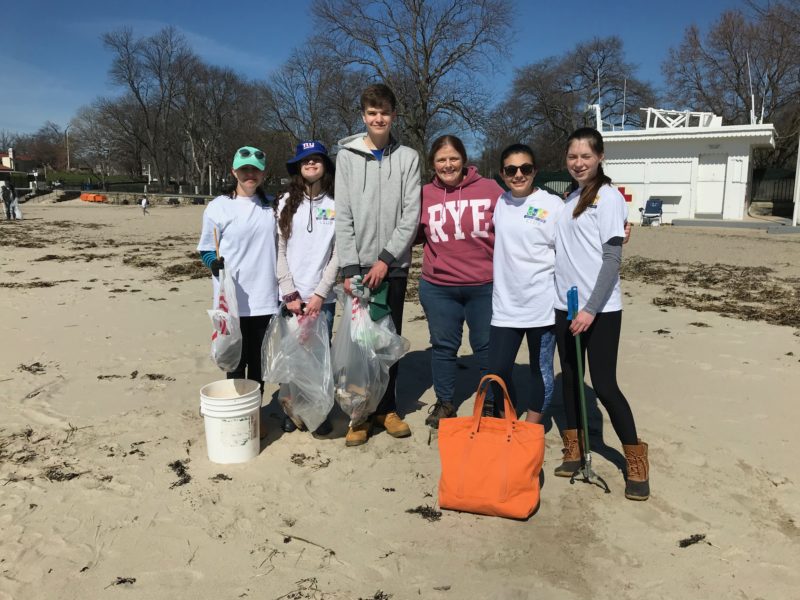
It’s critical to stay positive and communicate a message of hope that you and your child can make a difference. (Of course, it’s important first to believe this yourself!)
Avoid inundating your child with terrifying and bewildering facts about our climate crisis. You’ll risk frightening your child, particularly young children, and it will leave them feeling powerless and paralyzed to take action. In fact, studies show that people are reluctant to act when presented with alarming news: “what grabs attention … is often not what empowers action.”
This isn’t to say you should be deceptive in explaining the facts. Instead, focus on what’s doable and achievable by helping your child fulfill his goals. And if he stumbles or fails, use that moment to explain that we all fail – more often than not – and encourage him to keep going.
Make it About Them
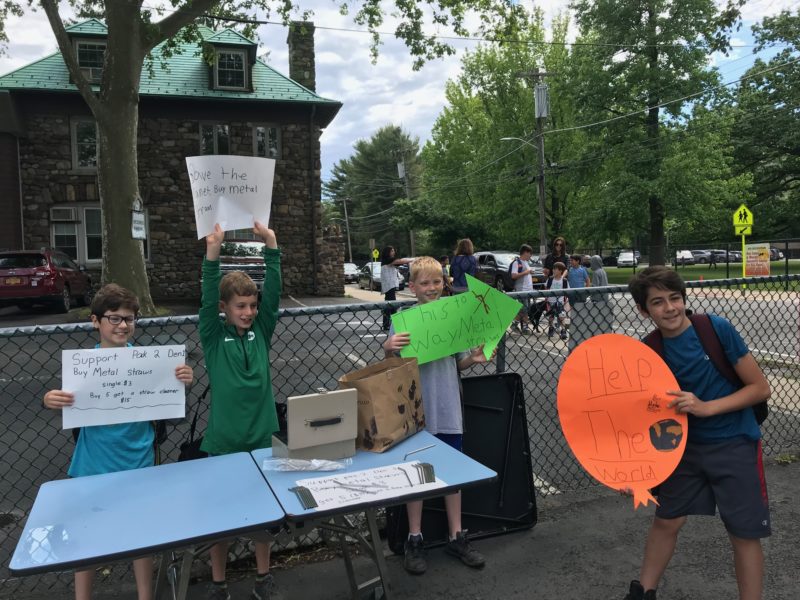
The best way to motivate anyone is to make it personal. The climate crisis is a particularly tricky topic to connect with because it’s not a readily visible, immediate threat.
So instead of talking about carbon emissions, changing weather patterns, and rising seas, make it about them. Figure out what motivates your child and use that to change his or her behavior.
Is there a group or sport that your kids are involved in? Encourage them to organize an eco-themed activity. A local boy scout troop, for instance, raised money through sales of metal straws. The scouts not only made some money for their troop, but they also learned about plastic straw pollution. And they helped educate their community at the same time about the plastic straw problem!
Make it About Others: Dream Together of a Green Future
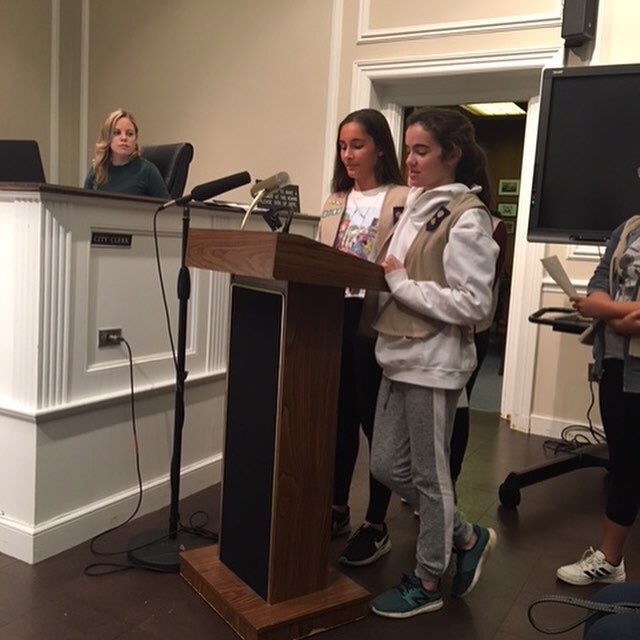
Empower your child by imagining a future together that’s better for herself and the planet. Show your child what’s possible by learning about eco kids who’ve made a difference in their own communities.
Most importantly, emphasize that she’s not alone in working to combat climate change and protect the environment. Millions of people, all around the world are part of a vast network of committed individuals and groups. That sense of collective effort can provide comfort in this turbulent time. It certainly gives me comfort!

